Tourist Attractions in Puducherry
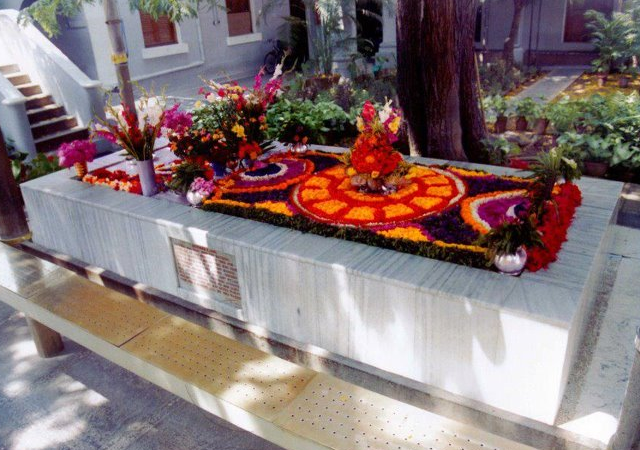
SRI AUROBINDO ASHRAM
Visiting Hours: 08:00 hrs to 12:00 hrs & 14:00 hrs to 18:00 hrs.
Sri Aurobindo, revolutionary, poet, philosopher and yogi was born in Calcutta in 1872. He came to Puducherry in 1910. The mother, born in Paris in 1878, came to India in 1914 to meet Sri Aurobindo. She rejoined Sri Aurobindo in 1920 and resumed her spiritual collaboration with him for the evolution of a higher consciousness, a spiritual and supramental consciousness on earth. In the main building of the ashram, or Rue de Marine are the marble Samadhi, where Sri Aurobindo & the Mother have been laid to rest in the houses they lived.
For more Information Contact
Information Center - 3, Rangapillai Street, Puducherry 605001
Phone: +91-413-2233604
Website: www.sriaurobindoashram.org
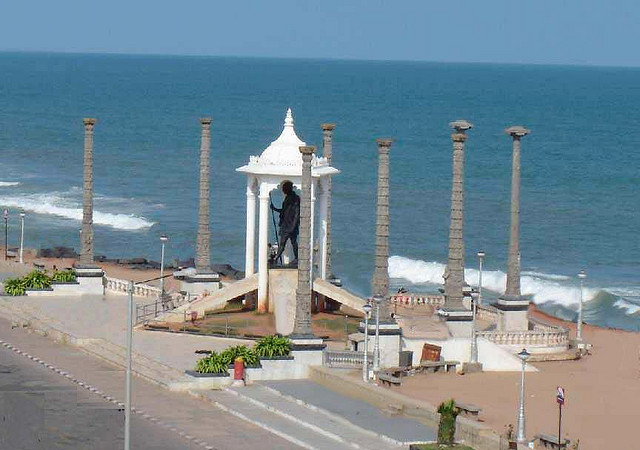
PROMENADE - THE BEACH
Visiting hours: No time limit
The 1.5 km long promenade running along the beach is the pride of Puducherry. Most of the landmarks are on the sea front : the statues of Mahatma Gandhi, Jeanne d’Arc, Dupleix, the elegant War memorial raised by the French, the heritage building “Mairie”, the 27 m tall old lighthouse, the circular shaped customs house & Gandhi Thidal.
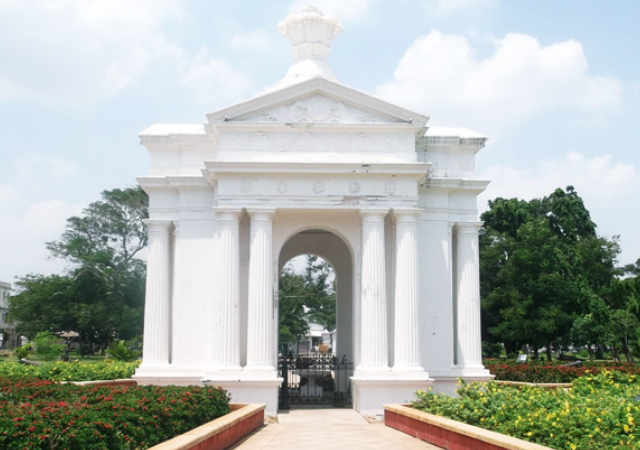
AAYI MANDAPAM AND BHARATI PARK
Visiting hours: 08:00 hrs to 20:00 hrs
The park facing the governor's bungalow reflects the French influence. Once called as "place dupantheon" now turned as Aayi mandapam - the emblem of the Puducherry Government. The park surrounded by Aayi mandapam has been restructured by preserving its heritage.
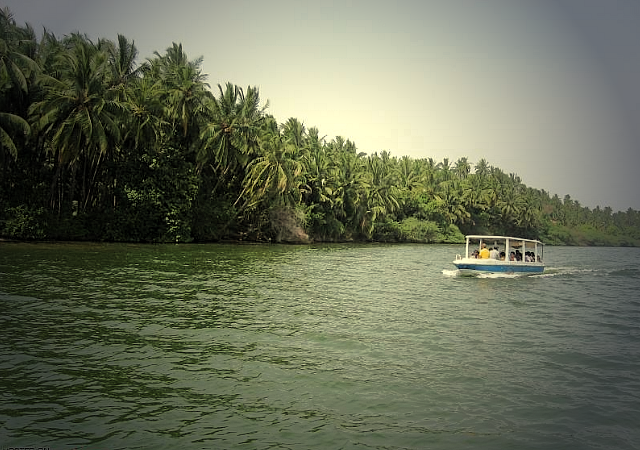
CHUNNAMBAR BOAT HOUSE
Visiting hours: 09:00 hrs to 17:00 hrs
Facilities for boating are available at the Boat House on the River Chunnambar, 8kms from Puducherry. The backwater and the lush greenery on both sides of Chunnambar provide an ideal setting for boating.
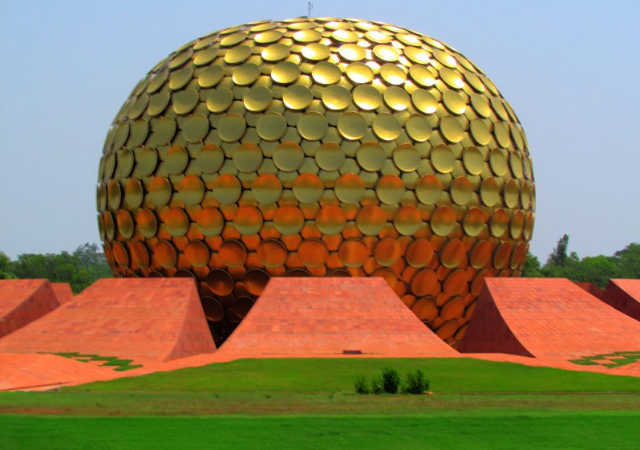
AUROVILLE
Visiting hours: 10:00 hrs to 18:00 hrs
Auroville welcomes people from all parts of the world to live together and explore cultural, educational, scientific, spiritual, and other pursuits in accordance with the Auroville charter. Auroville information centre and Matri Mandir [Meditation hall with world’s biggest man-made crystal ball] are the places open to most of the visitors. It offers less to see and lots to experience.
For more Information Contact
La Boutique d' Auroville
38, Jawaharlal Nehru Street, Puducherry 605001
Phone: +91 413 2337264
Website: www.auroville.org

THE BOTANICAL GARDEN
Visiting hours: 09:00 hrs to 12:45 hrs & 14:00 hrs to 17:45 hrs
The Botanical garden in Puducherry was created in 1826, once called as “Colonial Park”. When the garden came under the control of the eminent botanist perottet "rare and interesting plants" were procured from Calcutta, Madras, Ceylon and Reunion. Its collection numbers to approx.1500 species.
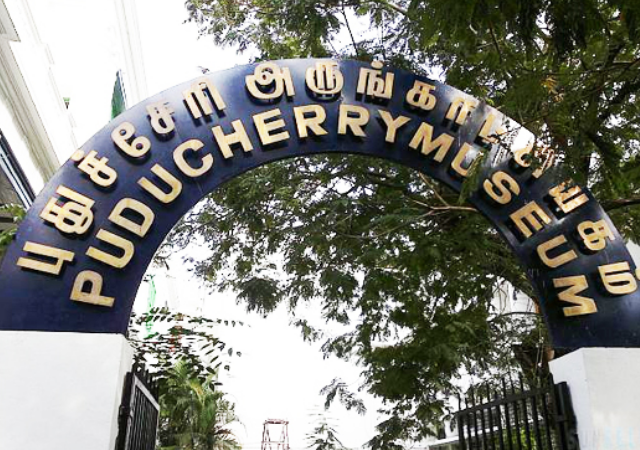
THE Puducherry MUSEUM
Visiting hours: 10:00 hrs to 13:00 hrs & 14:00 hrs to 17:00 hrs
The museum brings back memories of the glorious past of Puducherry, from the days of the Greco-Roman era down to the present days, providing glimpses of the art and culture of the people of this region during the pallava, chola and vijayanagar days. Artifacts from the excavations at Arikamedu are preserved here.
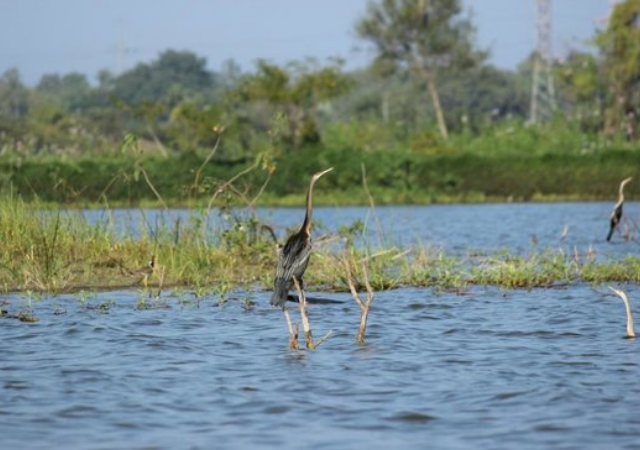
OUSSUDU BOAT HOUSE
Visiting hours: 09:00 hrs to 17:00 hrs
Oussudu Lake is one of the biggest lake and major supplier of drinking water in those days. Now it is opened for the tourists for boat ride and to watch the birds. During the season, this lake acts as dwelling place for many migrating birds.
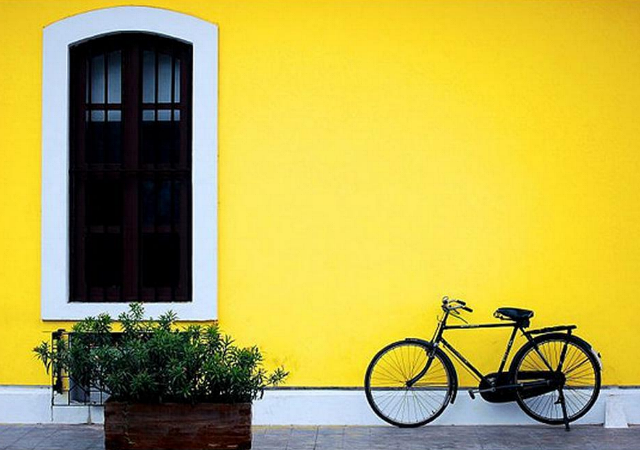
HERITAGE WALK
Visiting hours: No time limit
It is beautiful to take up the walk around the boulevard, showcasing three different architectures in 3-4 square kms. The White town or the French square, Tamil Square and the Muslim Square.
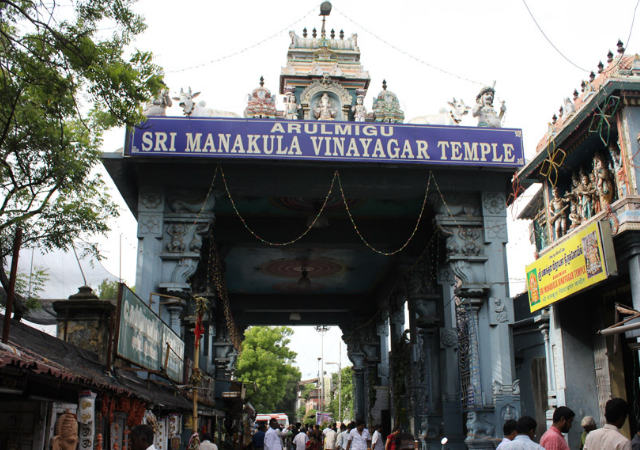
TEMPLES
Visiting hours: 06:00 hrs to 12:00 hrs & 16:30 hrs to 21:00 hrs
There are about 32 temples in Puducherry of these: Manakula vinayagar temple, Sri vedapureeswarar temple, Kamatchiamman temple and Varadarajaperumal temple are famous.
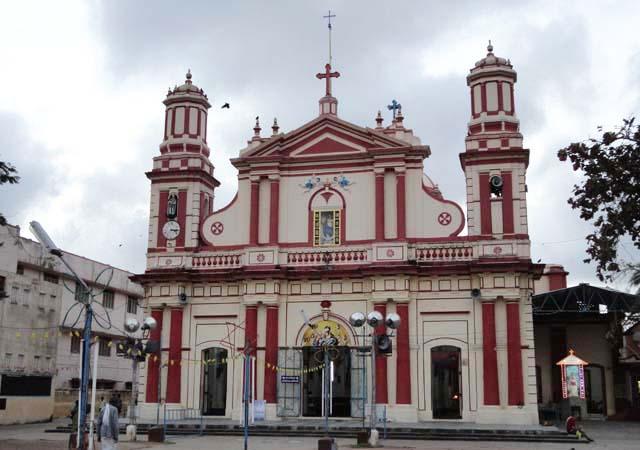
CHURCHES
Visiting hours:--
French missionary zeal in the 17th and 18th centuries saw a number of imposing churches built here. The Sacred Heart Church, situated on the south boulevard, stands out as an oriental specimen of gothic splendor. It contains rare and beautiful stained glass panels depicting saints and events from the life of Christ.
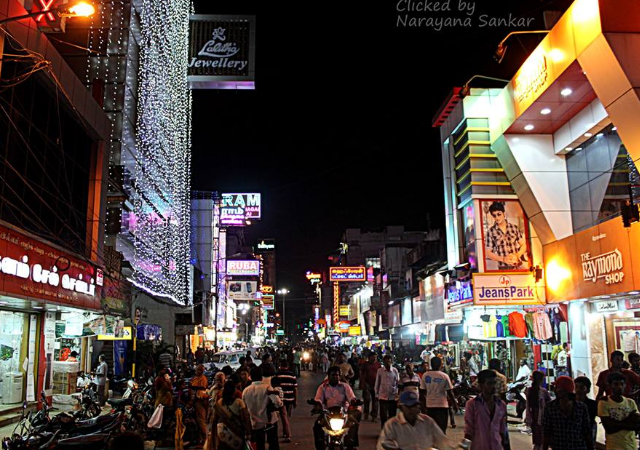
SHOPPING
Visiting hours: 09:00 hrs to 22:00 hrs
Puducherry is famous for highly creative and beautiful souvenirs. Terracotta, handmade papers, wooden handicrafts aromatics, leather products, linens and garments are unique here at JN Street. Sunday market is ideal for buying cheaper products.
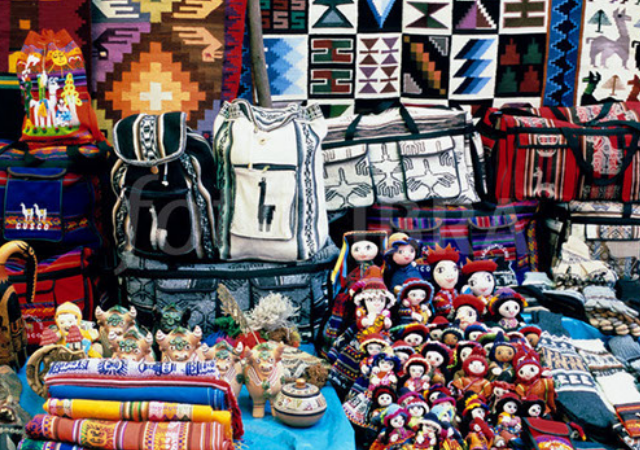
SUNDAY MARKET
Visiting hours: 08:00 hrs to 22:00 hrs
M.G Road and Nehru street crossroads has street market is quite famous and perfect for cheaper products. Garments, second – hand books, toys, households, CD's DVD. Used products are generally sold here.